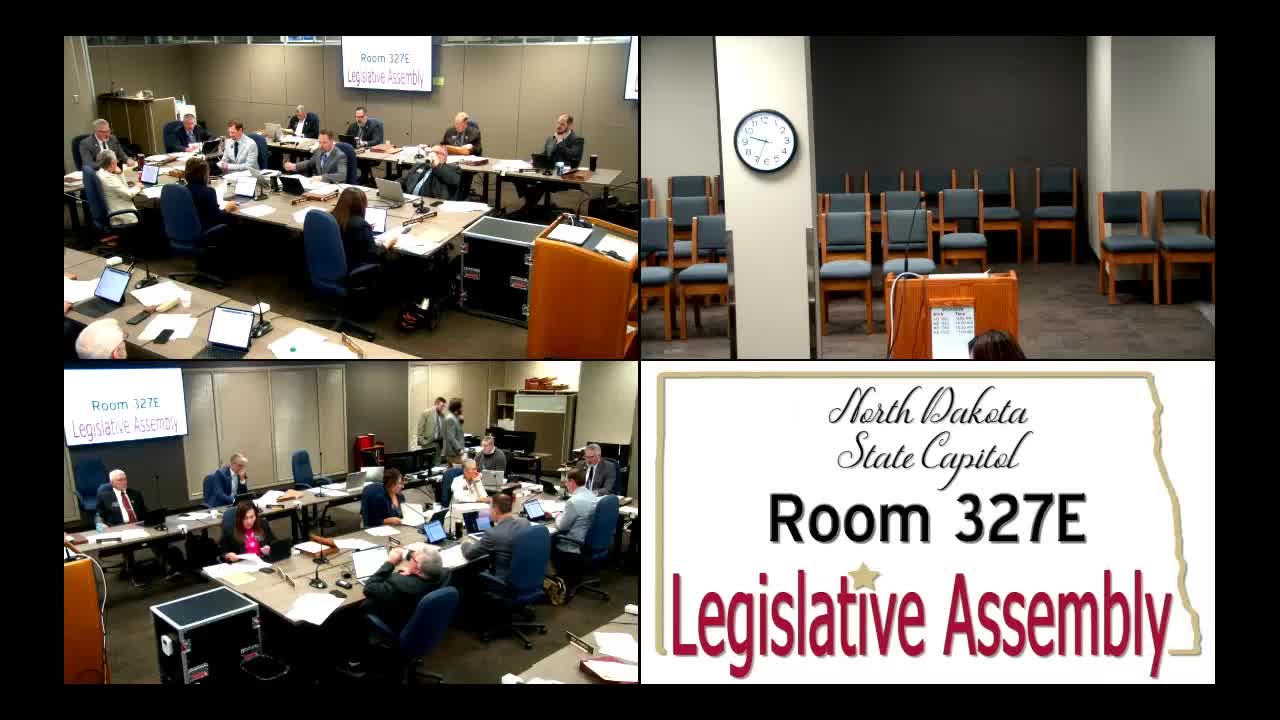Article not found
This article is no longer available. But don't worry—we've gathered other articles that discuss the same topic.
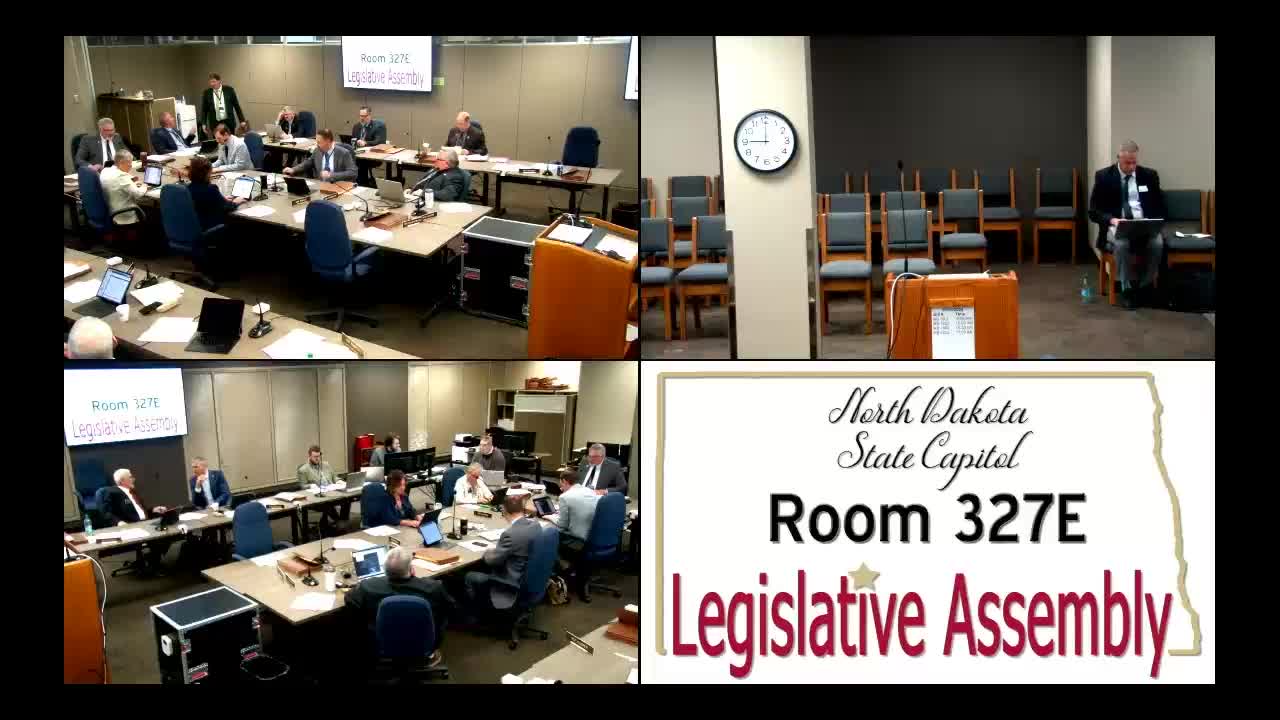
Committee hears bill to require extra ID for drivers licensed in some states
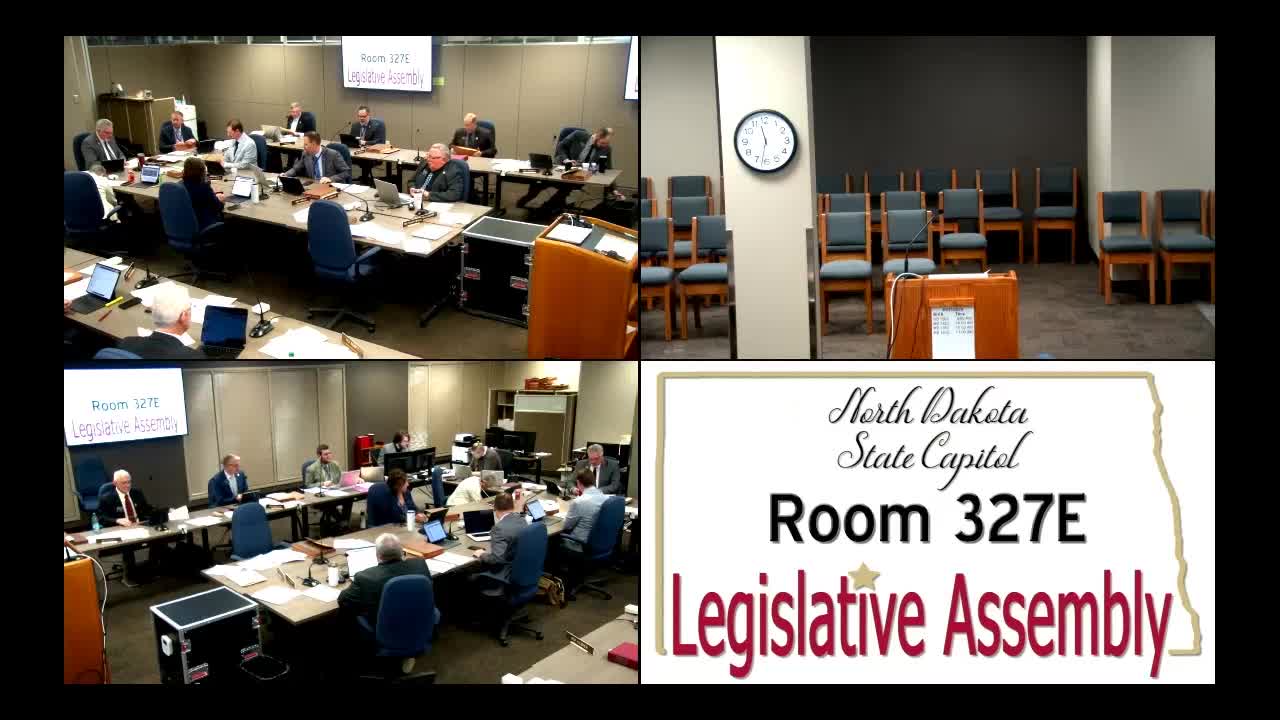
Committee rejects amendment to extend vehicle-excise exemption broadly; votes 'do not pass' on bill as amended
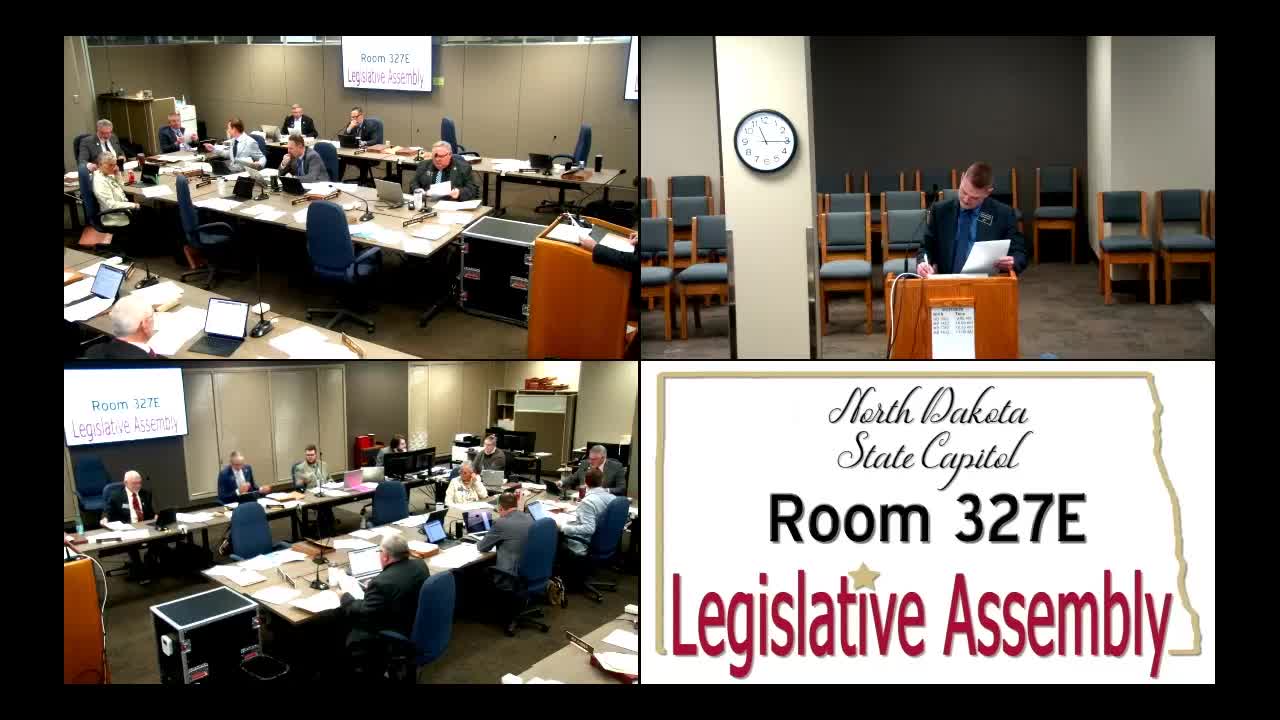
Committee approves military sacrifice license plate for families of service members who died on duty
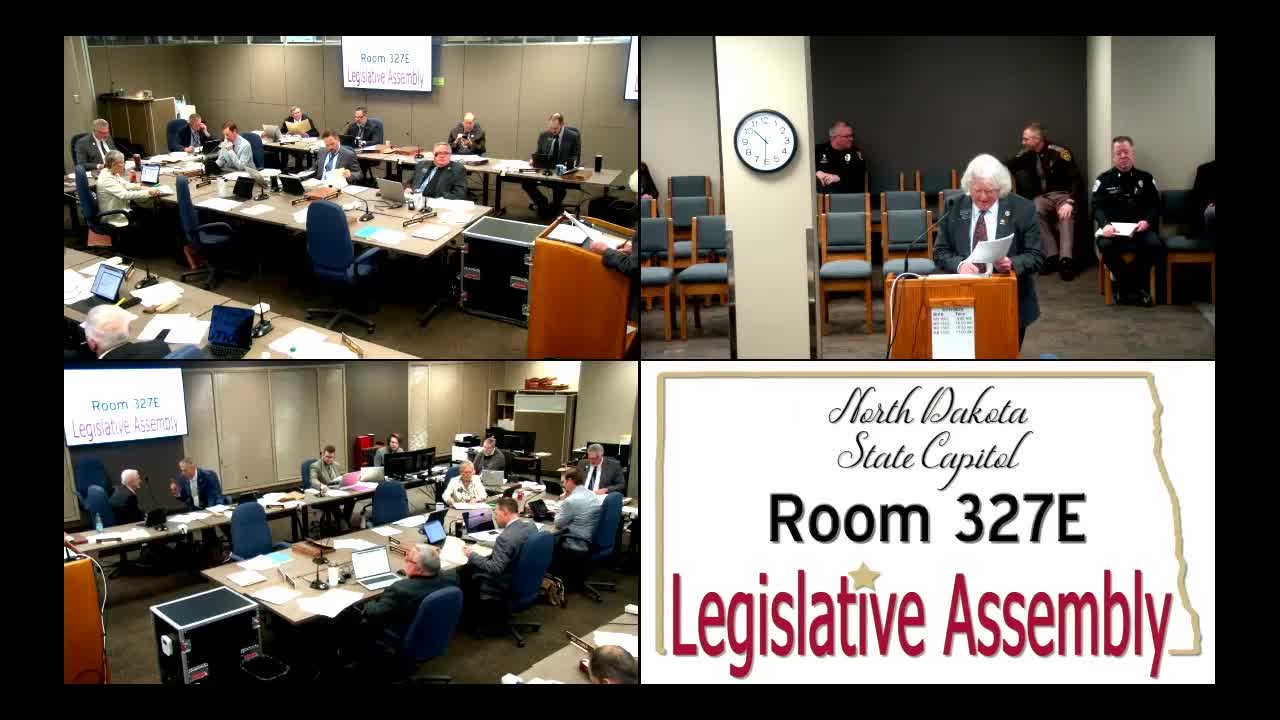
Debate on single-license-plate option highlights public-safety, retail and revenue trade-offs
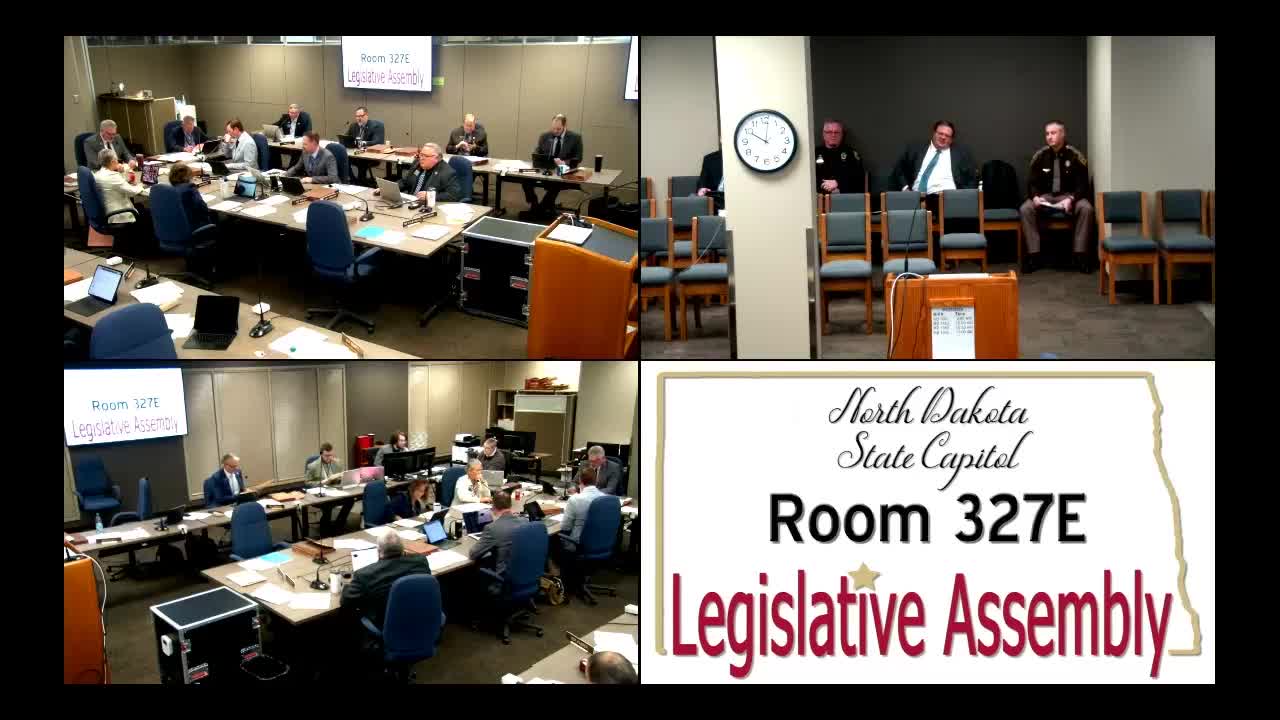
Law enforcement asks committee to close a dismissal loophole for driving-under-suspension cases
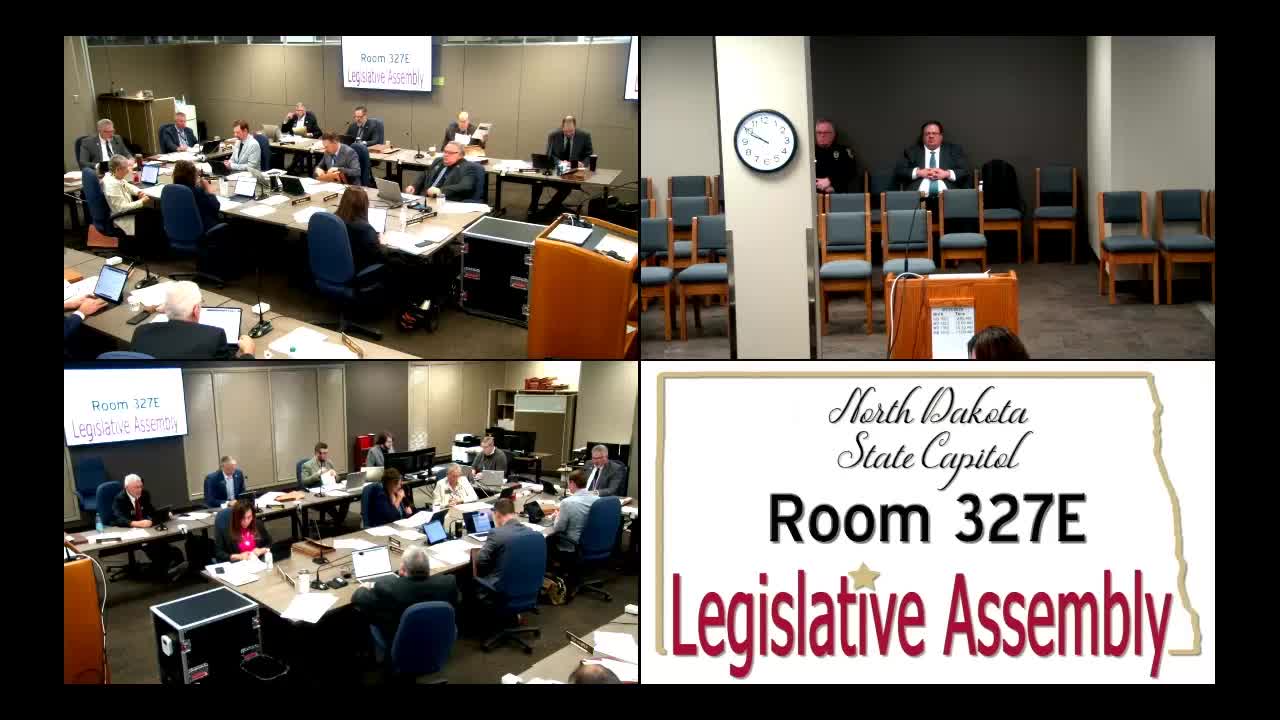
Committee backs reduced tint allowance for front windows; bill advances
